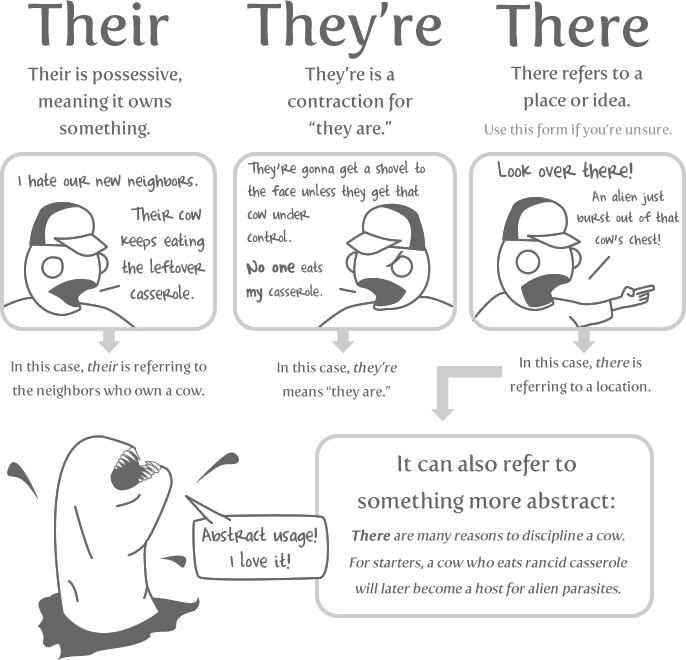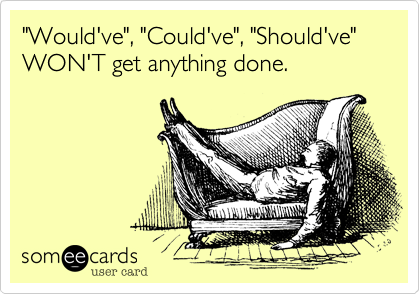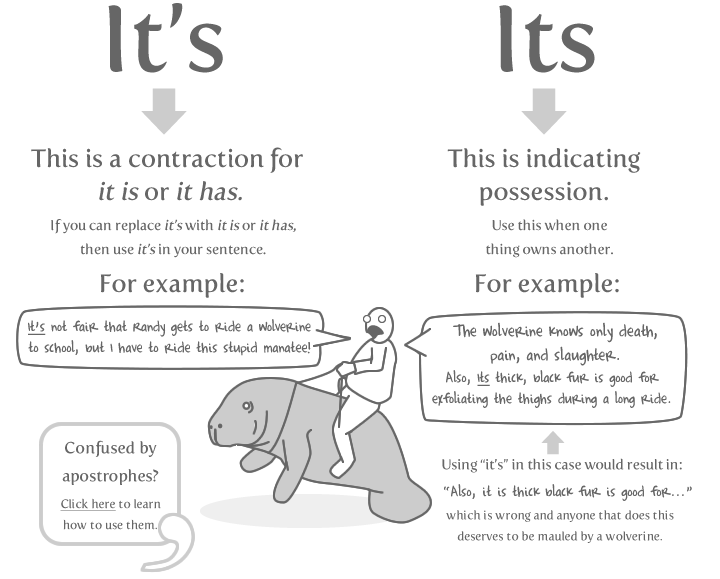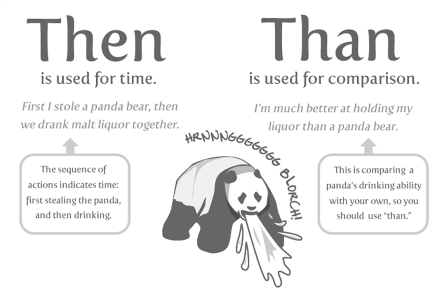
Are you an avid blogger? Are you think about starting a new website? Or maybe you just like posting on social media a lot. No matter your situation, if you are posting content online, your grammar matters. It makes your content more credible and makes you look better as a poster of that content.
Smartly Done Websites, professionals in affordable web design, have put together this list of great tips to remember to keep your grammar clean when you’re writing your next piece of content.
Commas
Meet the Comma | Punctuation | Grammar | Khan Academy
We all know how difficult commas can be, but a best practice for commas is to use them sparingly. Don’t use commas to lengthen your sentences. Keep your sentences short and precise. It makes the content easier to read.
Take this example:
“I was walking along the beach at sunset, and then the waves splashed me, so I got wet and had to go back to the hotel to change, and the rest of the night pretty much sucked.”
That’s a lot of commas for one sentence! Try instead breaking it up, like this:
“I was walking along the beach at sunset. The waves splashed me and I got wet. I had to go back to the hotel to change. The rest of the night pretty much sucked.”
Now, I’m not saying don’t ever use commas. It’s fine to combine related sentences every now and then, but don’t make it a common thing.
Would of? Or Would’ve?

Would of, could of, and should of do not make sense. “Would’ve” is one word that means “would have”.
I would have liked to stay at the party last night, not “I would of liked to stay at the party”.
Don’t make this mistake when writing your blogs or social posts because people will cringe and judge you.
Its versus It’s

Ten Words You Need To Stop Misspelling
This one can be confusing for some people, and honestly, the entire English language is confusing. This is just one of those things that you need to remember because it doesn’t make a lot of sense.
Its without an apostrophe means that it has possession of something. I have its food in my bag.
Yes, I know an apostrophe usually means that something has possession, but we can’t do that with the word it because the apostrophe gives it another meaning.
It’s with an apostrophe means it is. “It’s raining outside.”
Then versus Than

Ten Words You Need To Stop Misspelling
Here’s another one that people misuse all the time. When we read them out loud we typically pronounce then and than the same way, so that’s where it can get confusing. But these two words have completely different meanings.
Then is used to situate actions. For example, “I went to the gym, and then I took a shower.”
Than is used for comparison. “My car is nicer than yours.”
There, Their, and They’re

Ten Words You Need To Stop Misspelling
We all should have learned the difference between these in grade school or at least by middle school. But unfortunately, that’s not the case. And sometimes, if you’re not using these words frequently enough, you can forget which one to use.
There is used to associate location. “I saw a giant hawk over there.”
Their is used to show possession. “We’re going to take their car to the beach.”
They’re is a contraction which means “they are”. “They’re going to pay for what they did.”
Now you probably didn’t know you were going to be taking an English class when you started reading this, but these tips will take you far in your journey as a web content creator. Remember them well.




